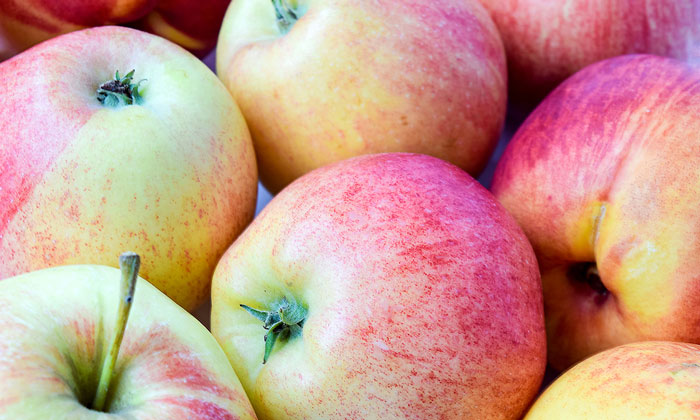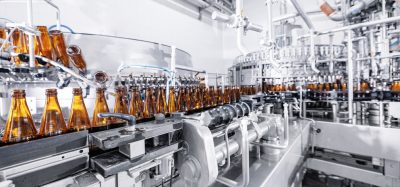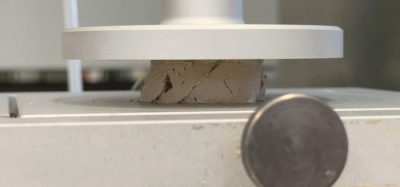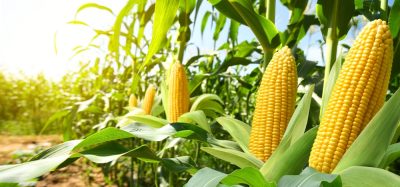Discovery of very high quality apple genome obtained
- Like
- Digg
- Del
- Tumblr
- VKontakte
- Buffer
- Love This
- Odnoklassniki
- Meneame
- Blogger
- Amazon
- Yahoo Mail
- Gmail
- AOL
- Newsvine
- HackerNews
- Evernote
- MySpace
- Mail.ru
- Viadeo
- Line
- Comments
- Yummly
- SMS
- Viber
- Telegram
- Subscribe
- Skype
- Facebook Messenger
- Kakao
- LiveJournal
- Yammer
- Edgar
- Fintel
- Mix
- Instapaper
- Copy Link
Posted: 8 June 2017 | INRA-France, New Food | No comments yet
Using this very high quality genome, scientists from INRA-France were able to conduct epigenetic studies focused on the transmission of information independently of the apple DNA sequence.


Apples are one of the most widely consumed fruits in the world, and 84.6 million tonnes of the fruit are produced each year. In order to enable the more efficient selection of new apple varieties, it is essential to gain access to a high quality genome. This will permit the genetic and epigenetic studies that are essential to identifying the key genes involved, for example, in fruit size and colour or disease resistance.
Based on a genetic map with a high density of markers, it was possible to assemble the genome in 17 pseudo-molecules representing the 17 chromosomes of the apple. With a total size of 649.3 Mb assembled in 280 fragments, this genome comprises 42,140 genes.
Rearrangements identified in the apple genome as going back 21 million years
This new genome has, for example, enabled scientists to identify important rearrangements that occurred in the apple genome about 21 million years ago. These changes may have been due to the emergence of the Tian Shan mountain range in Kazakhstan, the region where the fruit originated. These geological and environmental events may have contributed to the contrasted evolution of the common ancestor of the apple and pear.
Epigenetic studies to understand fruit development
Using this very high quality genome, the scientists were able to conduct epigenetic studies focused on the transmission of information independently of the DNA sequence. This allowed them to demonstrate that epigenetic markers can influence fruit development through the differential expression of genes.
This genome is an essential tool for the entire community working on apple breeding, and more generally in order to acquire knowledge on genome evolution and regulation. It will also facilitate an acceleration of the creation of new and more resistant varieties that will reduce the use of pesticides, improve apple quality or adapt these varieties to environmental constraints and climate change.
Related topics
Lab techniques, Quality analysis & quality control (QA/QC), Research & development, Sustainability









